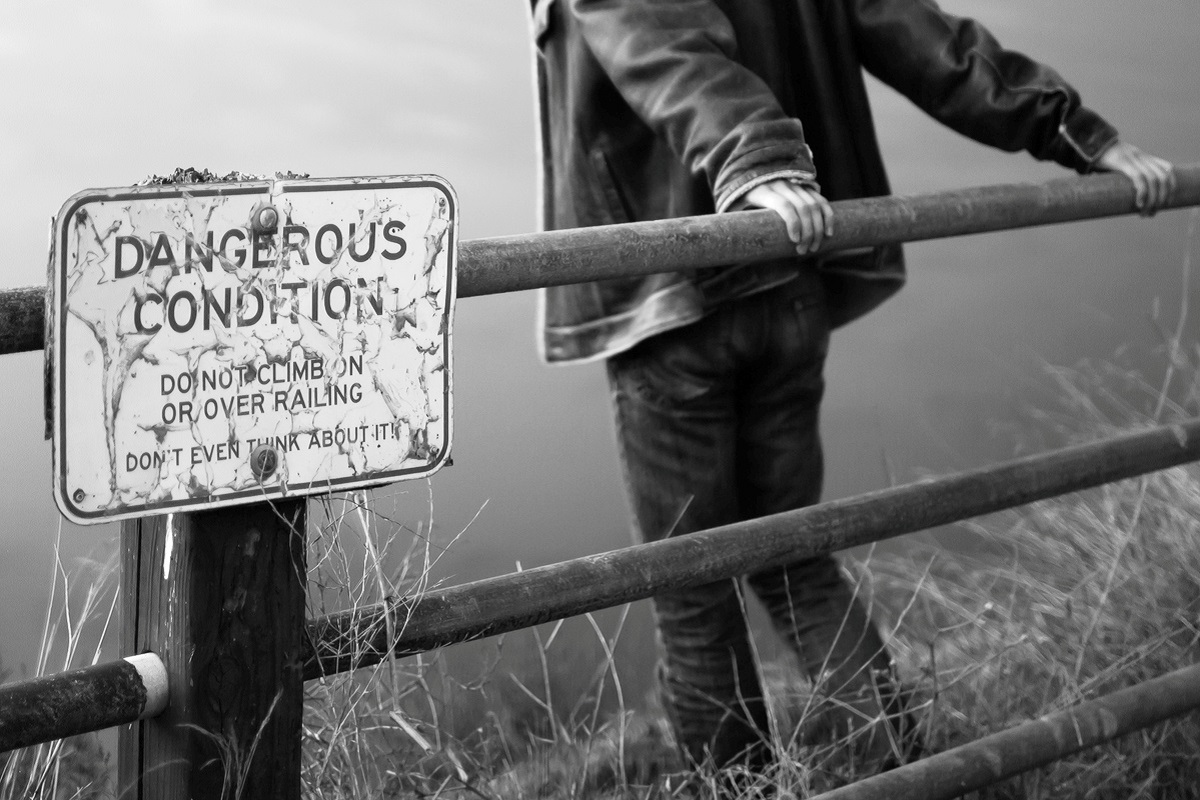A concerning surge in suicides among security personnel stationed in Chhattisgarh to fight Maoist insurgency has raised urgent alarms about the mental health crisis within India’s security forces. Three tragic incidents occurring in close succession have prompted serious discussions on the adequacy of existing support systems for these personnel.
The recent series of such incidents began on August 26 with the suicide of Head Constable Vipin Chandra in Dantewada. Chandra, a veteran CRPF officer from Uttarakhand who had served since 2000, took his life with his service AK-47 rifle at the 195th Battalion headquarters in Barsur.
Advertisement
The following day, August 27, another suicide was reported in Durg district, where SSB soldier Manoj Kumar ended his life using his INSAS rifle while on duty at the SSB headquarters in Bhilai. Kumar, who hailed from Mahendragarh in Haryana, was posted with the 28th Battalion.
The distressing trend continued on September 3, when Rakesh Kumar, an SSB soldier from Meerut, Uttar Pradesh, stationed at the Kosronda camp in Kanker, Chhattisgarh, shot himself in the head with his service rifle.
These incidents are reflective of a broader, disturbing pattern, with 1,139 suicides reported among Central Armed Police Forces (CAPF), Assam Rifles, and National Security Guard (NSG) personnel over the past decade, as revealed by data presented by the Central Government during the 2024 Lok Sabha session.
Despite various government initiatives aimed at addressing mental health, including enhancements in living conditions, the introduction of a 24-hour toll-free helpline, and access to psychiatric services, the recent cases in Chhattisgarh underscore the pressing need for a more comprehensive and effective mental health support system.
The spate of suicides has highlighted the critical gaps in the mental health care infrastructure available to security personnel. As these tragic incidents continue to unfold, there is an increasing call for deeper interventions to safeguard the well-being of those who serve on the front lines of national security.
















